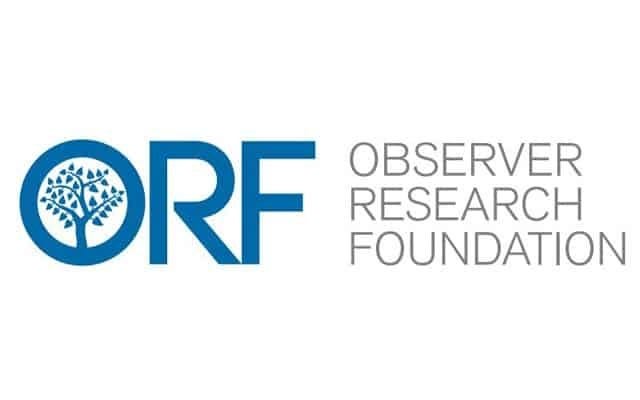The youth of a nation plays a crucial role in shaping its future, and in the context of India, where a significant portion of the population resides in urban areas, harnessing the potential of urban youth becomes paramount. This article delves into the significance of enhancing urban youth participation in Indian democracy, exploring the pathways that can empower young citizens and drive positive change. Through the lens of democracy, demographic dividend, and the unique challenges and opportunities faced by urban youth, we uncover the potential for their active engagement in the democratic process.
Importance of Urban Youth in Democracy:

India's democratic framework thrives on active citizen participation, and urban youth represents a vibrant segment of the population with immense potential to contribute. As the country undergoes demographic transitions, with a rising working population and urbanization trends, the inclusion of young voices becomes crucial to ensure representative governance and policy-making. By engaging urban youth, we can tap into their diverse perspectives, innovative ideas, and aspirations for a better future, thus fostering a stronger democracy that reflects the needs and aspirations of all citizens.
Challenges Faced by Urban Youth:
Despite their significant presence, urban youth encounter various challenges that hinder their participation in the democratic process. These challenges include limited awareness about voter registration processes, lack of political literacy, and disillusionment with the existing political system. Additionally, urban youth face unique issues such as access to quality education, employment opportunities, and affordable housing, which directly impact their participation in democracy. Addressing these challenges is vital to ensure their meaningful engagement and empowerment.

Pathways to Enhance Urban Youth Participation:
To enhance urban youth participation in Indian democracy, multiple pathways can be explored. Firstly, raising political literacy through civic education initiatives, both within educational institutions and through community outreach programs, can equip young citizens with the knowledge and skills necessary to engage in the democratic process. Additionally, streamlining and simplifying voter registration processes, coupled with awareness campaigns, can ensure higher registration rates among urban youth. Moreover, creating platforms for meaningful youth representation in decision-making bodies and fostering young leaders can empower urban youth to actively contribute to policy formulation and implementation.
Conclusion:

The significance of enhancing urban youth participation in Indian democracy cannot be understated. By recognizing the demographic dividend and acknowledging the unique challenges faced by urban youth, Observer Research Foundation we can pave the way for their active engagement and ensure that their voices are heard. Through strategic interventions, such as political literacy initiatives, streamlined voter registration processes, and platforms for youth representation, we can create an inclusive and participatory democracy that harnesses the potential of urban youth. By doing so, we not only empower young citizens but also strengthen the foundations of Indian democracy.





